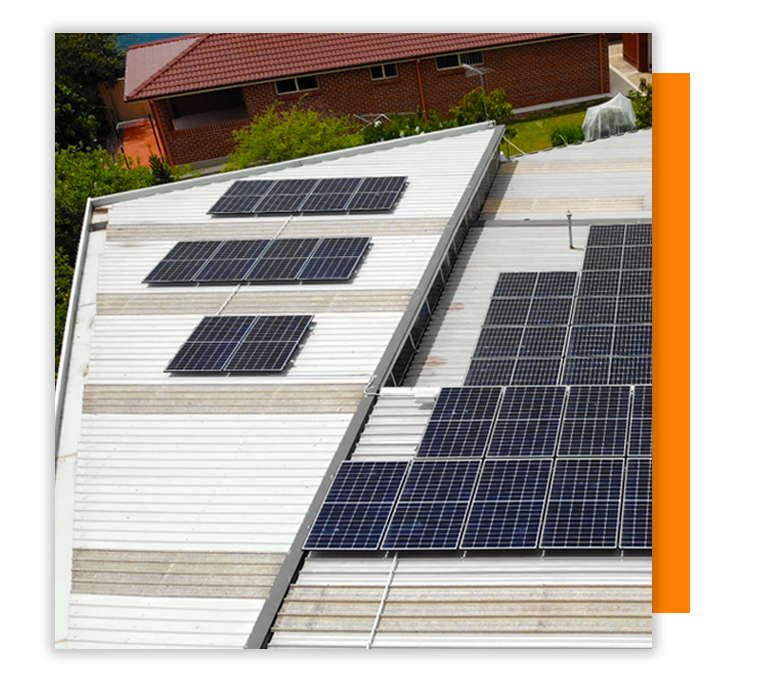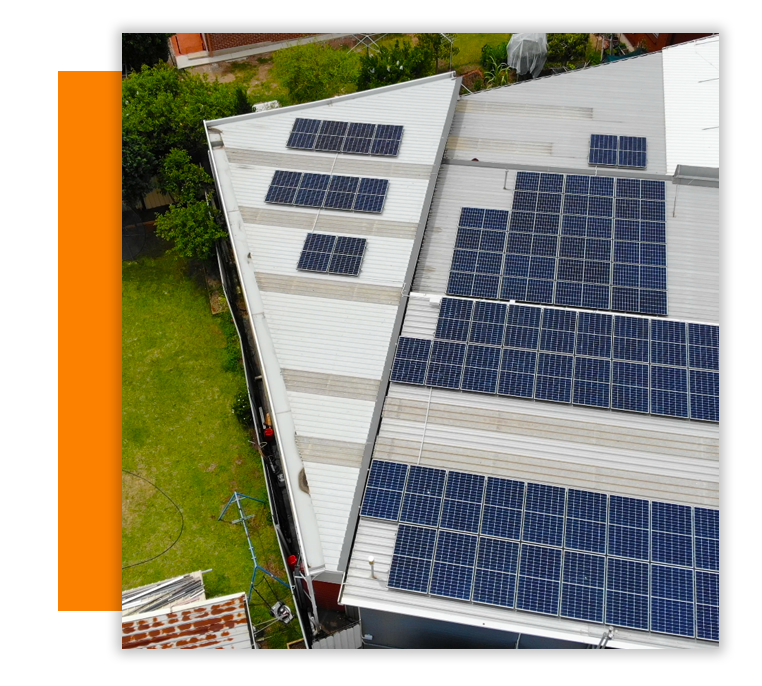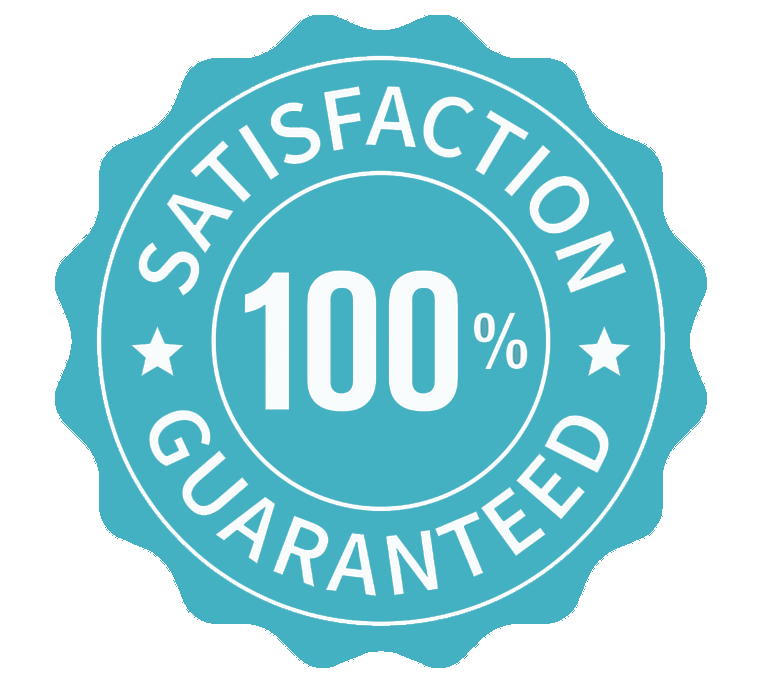Why Choose IQ Solar
IQ Solar is focused on offering you a high-quality alternative to the many cheap systems that are available
The cheap systems available in the market are built to be an appealing price, but almost universally use low to medium quality equipment. The offering will also change according to what is overstocked at the time (and therefore discounted). Rather than what is really a good choice. The installs are typically rushed, with many errors in installations. The bad news for buyers is that they often don't know the compromises that have been made with equipment or installation... they think they have scored a bargain. What they have is a system that will work, perhaps for a while
Solar should be a long term asset. The panels have a performance warranty of 25 years. The inverters typically have a 10 year warranty. It is common to see installations that are barely performing after 5 years. So the buyers save money, but have in fact wasted money. Many people are re-purchasing systems and having old systems removed.
Our goal is to offer you a high quality system at a fair price, and make sure it works.






